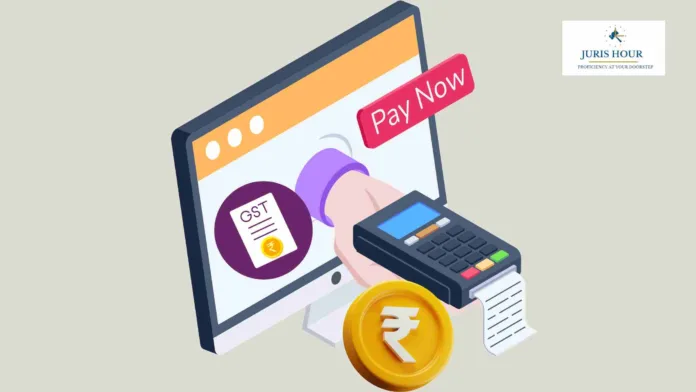The introduction of faceless assessment in India’s Income Tax system marked a significant shift towards digital governance, aiming to enhance transparency, reduce corruption, and streamline tax administration. Given this backdrop, the proposition of implementing a similar faceless procedure for Goods and Services Tax (GST) assessments warrants a thorough examination. This article explores the potential provisions of a faceless GST system, the challenges taxpayers might encounter, and illustrative examples drawn from the Income Tax faceless assessment experience.
Provisions of a Faceless GST Assessment System
A faceless GST assessment system would likely incorporate the following key features:
- Elimination of Physical Interaction: Taxpayers and GST officers would interact exclusively through digital platforms, minimizing direct contact and aiming to reduce opportunities for corruption.
- Centralized Processing: A National Assessment Centre would oversee assessments, assigning cases randomly to officers across the country to ensure impartiality.
- Standardized Electronic Communication: All notices, responses, and submissions would be conducted electronically, with strict adherence to timelines and formats to maintain consistency and efficiency.
- Anonymity of Assessing Officers: The identities of assessing officers would remain undisclosed to taxpayers, and vice versa, to prevent undue influence and promote objectivity.
- Use of Data Analytics and AI: Advanced technologies would be employed to detect discrepancies, assess risks, and select cases for scrutiny, enhancing the effectiveness of the assessment process.
Conclusion
Implementing a faceless assessment system for GST could offer benefits such as increased transparency and reduced corruption. However, the challenges observed in the Income Tax faceless assessment underscore the need for careful planning and robust infrastructure. Addressing issues related to real-time interaction, technical capabilities, data handling, procedural flexibility, and effective communication will be essential to ensure that the faceless GST assessment system is both efficient and equitable
Read More: ESOP Valuation By Merchant Banker Under Income Tax Act Can’t Be Overridden By FEMA Valuation: ITAT

